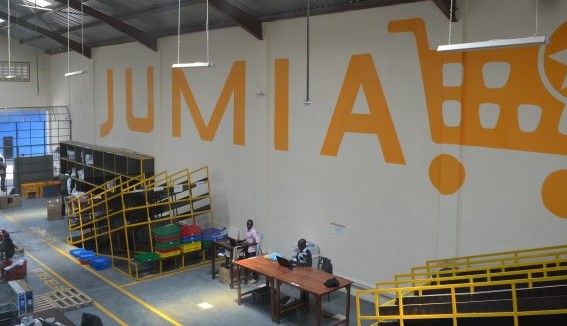Jumia Kenya has made a cumulative Kes11.8 billion by the close of 2021 in nearly nine years since it opened its business in 2013.
The loss is Kes 1.2 billion increase from Kes 10.6 billion booked in 2020, a rise from Kes 9.7 billion recorded in 2019.
Regulatory filings show that the online marketplace had accumulated a total of Kes 99 billion in gross losses as of the close of 2021 from all the over ten markets that it operates in worldwide.
Jumia Kenya, which depends on expansion in the future to make ends meet, intends to use the accumulated losses to reduce its tax liabilities whenever it achieves profitability.
Did you read this?
It illustrates a tech-enabled firm that has established a presence in the nation and relies on institutional investment as they attempt to increase its scale with an eye towards future profitability.
The platform, which mainly deals in furniture, appliances, electronics, and household food products, needs its inventory; instead, it offers products from other shops and wholesalers.
According to the company's e-Commerce Index, the most popular commodities in 2021 were sugar, maize flour, cooking oil, and cosmetics. General beauty products represent 57 per cent of all products sold on the platform by value up from 44 per cent in the previous year.
Electronics and phone orders fell to 43% throughout the year from a high of 56% the year before as the Covid-19 outbreak prevented people from buying necessities.
Due to high transportation costs, highly fragmented markets, and a lack of properly identified streets and buildings that cause supply chain hurdles, the adoption rate of online marketplaces in Kenya is still low.
E-commerce penetration is around one per cent in Africa, behind 12 per cent in the USA and 20 per cent in China.












